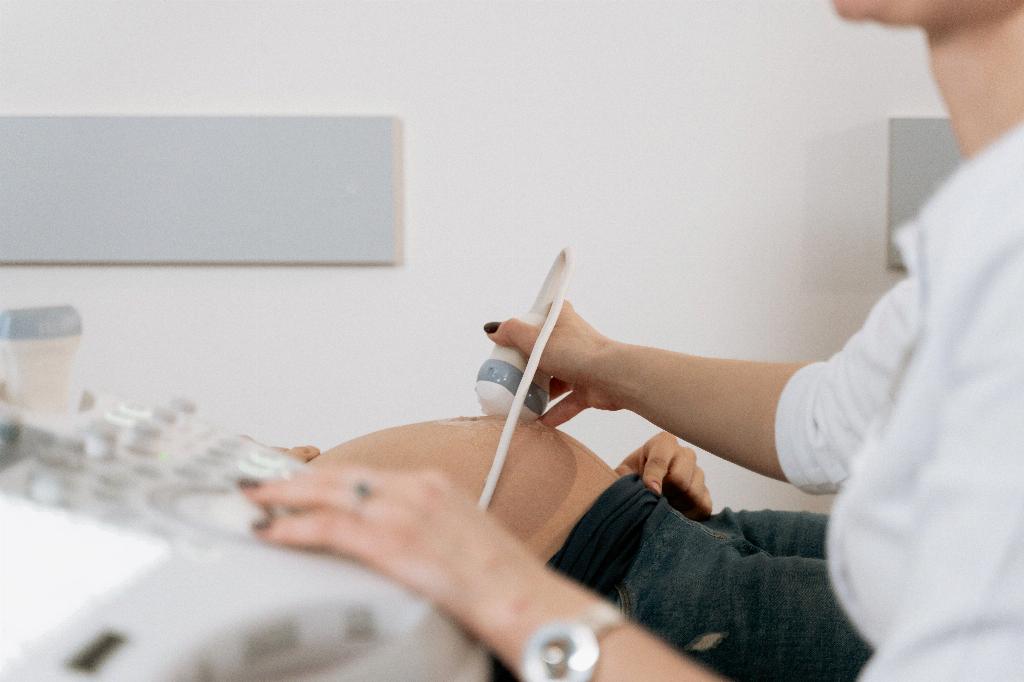If you have ever experienced shoulder tip pain, you know that it can be quite uncomfortable and unsettling. However, when it comes to ectopic pregnancy, shoulder tip pain takes on a whole new level of importance. It’s crucial to recognize the specific sensation this type of pain manifests as, as it could be a sign of a serious medical condition.
Defining Shoulder Tip Pain
Shoulder tip pain is characterized by a sudden, distinct sensation that typically occurs between the shoulder and arm. It often feels sharp and unlike any other common form of pain, making it important to distinguish from general shoulder discomfort or muscle strain. In the context of ectopic pregnancy, this type of pain should not be ignored or dismissed.
Significance in Ectopic Pregnancy
When shoulder tip pain is associated with ectopic pregnancy, it can signal a critical issue that requires immediate medical attention. This type of pain occurs due to bleeding in the abdomen, which places pressure on the diaphragm and irritates the nerves that travel to the shoulder.
Distinctive Nature of the Pain
Unlike typical shoulder pain, shoulder tip pain in ectopic pregnancy is often described as more intense and acute. It may feel like a stabbing or shooting sensation that extends from the shoulder downward, sometimes radiating into the arm. This specific quality of the pain serves as a red flag for potential complications.
Acceleration of Pain
In cases of ectopic pregnancy, shoulder tip pain can escalate rapidly, catching individuals off guard with its sudden onset and severity. You may notice that the pain worsens with certain movements or breathing patterns, indicating the urgency of seeking medical attention to address the underlying issue.
Timing and Persistence
Shoulder tip pain associated with ectopic pregnancy often presents itself early in the pregnancy, typically within the first few weeks. However, the persistence of this pain and its worsening over time are key factors to consider, as they may point to a developing complication that requires prompt intervention.
Recognizing Other Symptoms
It’s important to note that shoulder tip pain in ectopic pregnancy is often accompanied by other symptoms, such as vaginal bleeding, abdominal pain, dizziness, or shoulder discomfort on the same side. Paying attention to these additional signs can help paint a clearer picture of the situation.
Seeking Medical Assistance
If you experience shoulder tip pain along with any of the aforementioned symptoms, it’s crucial to seek medical assistance immediately. Ectopic pregnancy is a serious condition that requires timely diagnosis and treatment to prevent further complications and ensure your well-being.
Diagnostic Procedures
Medical professionals may utilize various diagnostic tests, such as ultrasound imaging and blood tests, to confirm the presence of ectopic pregnancy and determine the extent of any associated complications. These procedures help guide appropriate medical management and interventions.
Treatment and Management
Depending on the severity of the ectopic pregnancy and its complications, treatment options may include medications to address the condition non-invasively or surgical procedures to remove the ectopic pregnancy and prevent further risks to your health. Your healthcare provider will recommend the most suitable course of action based on your individual circumstances.
Empower Yourself with Knowledge
Understanding the unique nature of shoulder tip pain in the context of ectopic pregnancy empowers you to recognize potential warning signs and take proactive steps to address them promptly. Stay informed, listen to your body, and prioritize your health and well-being by seeking timely medical attention when needed.
Conclusion
Shoulder tip pain in ectopic pregnancy is a significant symptom that warrants immediate medical evaluation and intervention. By being aware of the distinctive characteristics of this type of pain and its association with ectopic pregnancy, you can advocate for your health and well-being effectively, ensuring the best possible outcomes for you and your baby.

